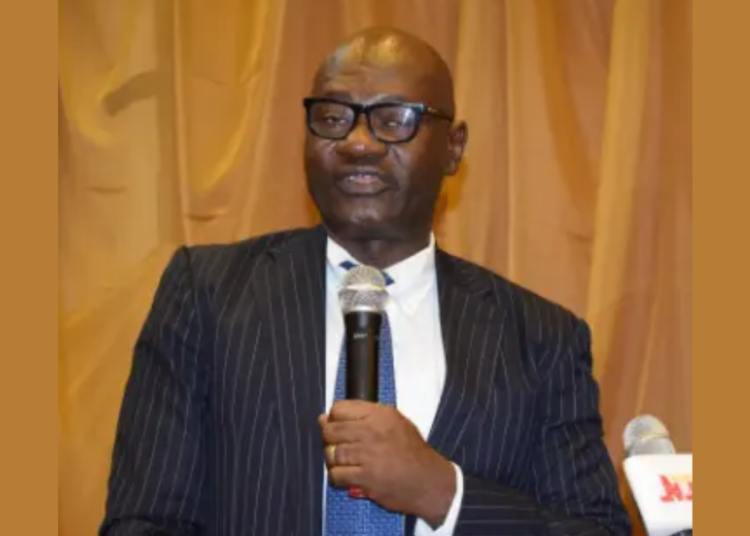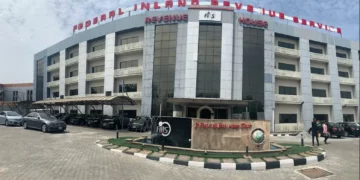The federal government has mapped out strategies to tackle the growing menace of illicit economies and instability in parts of the country in order to attain peace and sustainable development.
The director General of the Institute of Peace and Conflict Resolution (IPCR), Dr. Joseph Ochogwu made this known in Abuja on Tuesday, during his speech when he inaugurated the National Working Group on illicit economies and instability in the country.
This effort, according to Dr. Ochogwu, is one of many products of a partnership between the IPCR and the Global Initiative against Transnational Organised Crime (GI-TOC). The convening of this strategic Inaugural meeting is the second engagement arising from the partnership with GI-TOC after the Roundtable on “Rethinking Responses to Illicit Markets: Insights and Lessons from Nigeria held in 2022.
He said “illicit economies contribute significantly to instability and insecurity in Nigeria.
The Nigerian social and security landscape is littered with examples such as in the North – West where the menace of cattle rustling and kidnapping are rife, where illegal mining and banditry have been key drivers of escalating insecurity in the region.
“In the northeast, the sub-regional criminal economy of Boko Haram generates revenue and sustains its activities. While, in the North Central the activities of cattle rustling, kidnapping, banditry, and illegal mining are ravaging communities. The South–West is faced with smuggling around the border, illegal mining, and Fraudulent activities of the so-called “Yahoo Yahoo Boys”. The South–South is dealing with the activities of illegal oil refining and the South–East is challenged by separatist agitations of IPOB and ESN.”
The IPCR boss noted further that Illicit economies have continued to thrive in the nation, undermining core norms and values, violating human rights, sabotaging environmental sustainability, creating criminal enclaves and ecosystems, altering the political landscape as well as causing deaths, and contributing to the growing humanitarian burden.
“This situation has further been aggravated by weakened state of governance systems, economic decline, porous borders, ethnic divisions, inequality, marginalisation, climate change, high youth unemployment, and the proliferation of illicit small arms and light weapons in the country,” he added.
He stressed that stakeholders who are actively engaged in responding to illicit economies and instability and its impact on local communities and the broader society in Nigeria have been convened to share knowledge and experiences. They are also to strengthen the collective expertise and capacity of the actors involved as well as to build sustainable multi-stakeholder coalitions, designing and implementing evidence-based responses to criminal markets.
Nigerian Research Coordinator of GI-TOC, Dr. Kingsley Madueke, said in an interview with reporters that the collaborative effort is not just to use the military option to fight illicit economies but engage major stakeholders to address the issue of unemployment which serves as the recruitment ground for illicit economies.
“We can see that the unemployment rate is skyrocketing and with that we are seeing more local people being vulnerable to being recruited into criminal networks. In addition to the military approach we think there is also a need for development- oriented response especially in local communities.”
We’ve got the edge. Get real-time reports, breaking scoops, and exclusive angles delivered straight to your phone. Don’t settle for stale news. Join LEADERSHIP NEWS on WhatsApp for 24/7 updates →
Join Our WhatsApp Channel










